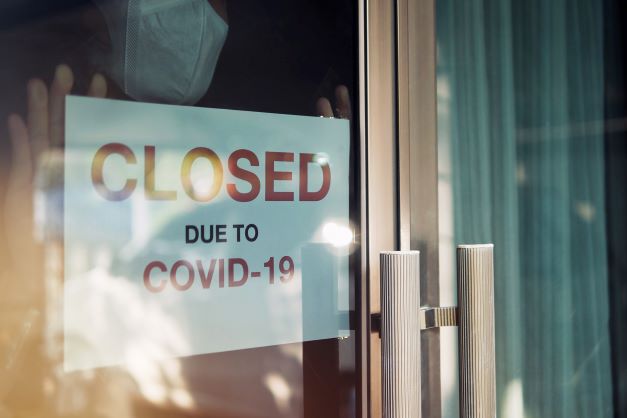


The Commercial Rent (Coronavirus) Act 2022 (“the Act”) came into force on 25 March 2022. With it, the general moratorium on the forfeiture of commercial properties due to non-payment of rent came to an end. As well as restrictions in relation to the use of CRAR (Commercial Rent Arrears Recovery) and winding up petitions.
However, the Act ringfences rent arrears accrued by businesses forced to close by Covid-19 restrictions and introduces a binding arbitration process to resolve outstanding disputes relating to those arrears. Businesses such as pubs, gyms and restaurants which were forced to close their doors can invoke the Act for arrears between March 2020 and the restrictions ended for their sector (known as protected rent debts).
Schedule 2 of the Act introduces restrictions on enforcing protected rent debts. Among other specific restrictions, a landlord may not, during the moratorium period (see below):
• Make a debt claim (meaning a claim to enforce a debt for civil proceedings, including by a counter claim or any other way of claiming payment of a debt such as proceedings) to enforce a protected debt;
• Use the CRAR regime in relation to the debt (despite the general prohibition of landlords using enforcement rights under the CRAR regime expiring on 25 March 2022);
• Enforce, by action or otherwise, a right of re-entry or forfeiture for non-payment of the debt; or
• Recover the debt from the tenancy deposit.
Furthermore, Schedule 3 of the Act introduces a restriction on presenting a winding up petition solely in relation to a protected rent debt.
Where landlords and tenants have been unable to reach an agreement with regard to any protected rent debts, for a period of six months from 25 March 2022 there is a new moratorium whereby either a tenant or landlord can make reference to arbitration and must submit a proposal for resolving payment of the arrears. The arbitrator will look at the parties’ businesses and attempt to strike a balance between preserving the viability of the tenant’s business and preserving the landlord’s solvency. Arbitral awards may include a full or partial write off, deferral of the debt on terms up to 24 months or no concession. Arbitrators must dismiss any case where the tenant’s business does not appear to be viable – opening the door to landlord enforcement or insolvency processes.
The process is evidence heavy with short time limits and no regard may be had to the possibility of the tenant (or landlord) borrowing money or restructuring its business.
The arbitration scheme is designed to put pressure on the parties to engage in meaningful negotiations and build on the Code of Practice introduced by the Government in November 2021 with the new arbitration procedure to be the backstop should negotiations fail.
Comment
The introduction of the Act has led to two systems of recovery:
i) where there is a protected rent debt on the day on which the Act was passed; and
ii) all other arrears.
If you are a landlord or a tenant and have any queries or concerns in relation to any commercial rent arrears and/or with regard to the Act please do not hesitate to contact Bhavani Hogarty who heads the specialist Commercial Property Disputes Resolution Team by email to bhavani.hogarty@pardoes.co.uk or telephone on 01935 382680.